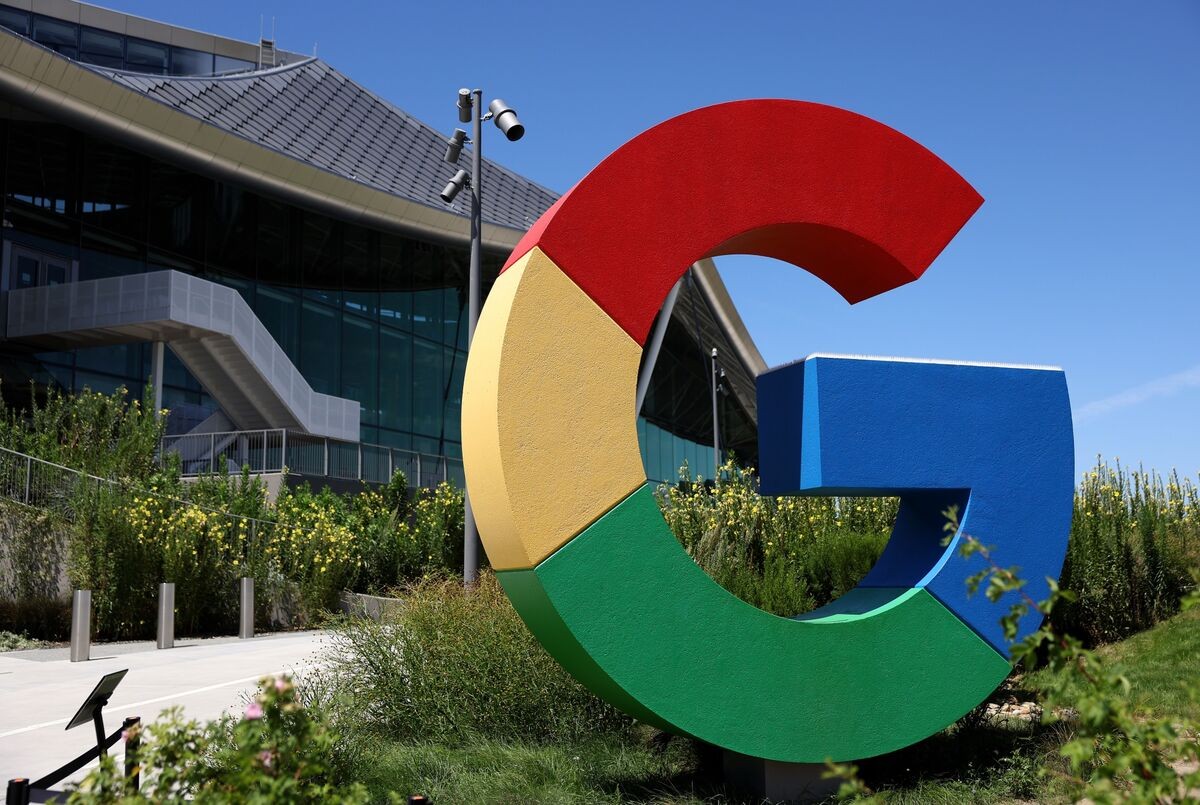
In a landmark ruling, Europe's highest court has upheld a €2.4 billion fine against tech giant Google, marking the end of a 15-year legal battle initiated by a British couple. This decision represents a significant victory for small businesses in the digital marketplace.
The David vs. Goliath Story
Shivaun and Adam Raff, founders of the price comparison website Foundem, launched their site in June 2006. On the very first day, they encountered an unexpected obstacle: Google's automated spam filters pushed Foundem deep into search results, effectively cutting off its main source of traffic.
"Google essentially disappeared us from the internet," Shivaun Raff stated, encapsulating the devastating impact on their business.
Despite Foundem later being recognized as the UK's best price comparison website by Channel 5's The Gadget Show, the search penalties persisted.
From Local Complaint to EU-Wide Investigation
After two years of fruitless appeals to Google, the Raffs took their case to regulators. Their complaint sparked a European Commission investigation in 2010, which uncovered similar issues affecting around 20 other comparison shopping services, including well-known names like Kelkoo, Trivago, and Yelp.
The investigation concluded in 2017 with the Commission ruling that Google had illegally promoted its own comparison shopping service while demoting competitors. This led to the initial €2.4 billion fine.
A Long Road to Justice
The legal process spanned seven years, highlighting the challenges small businesses face when seeking remedies for anti-competitive practices:
- 2017: European Commission issues the fine; Google appeals
- 2021: General Court of the European Union upholds the fine; Google appeals again
- 2024 (September): European Court of Justice rejects Google's final appeal, definitively upholding the €2.4 billion fine
Google's Stance
Google maintains that changes implemented in 2017 resolved the issues. A company spokesperson stated, "The changes we made have worked successfully for more than seven years, generating billions of clicks for more than 800 comparison shopping services."
The Aftermath and Future Implications
While the ruling validates the Raffs' claims, it comes too late for Foundem, which closed in 2016. However, the case has set a legal precedent and influenced new digital marketplace regulations, including the EU's Digital Markets Act.
In March 2024, the European Commission launched a new investigation into Google's current practices under this act. Meanwhile, the Raffs are pursuing a civil damages claim against Google, scheduled for 2026.
This ruling confirms that Google's search rankings can be subject to regulatory oversight and legal challenges, potentially reshaping the landscape of digital competition for years to come.